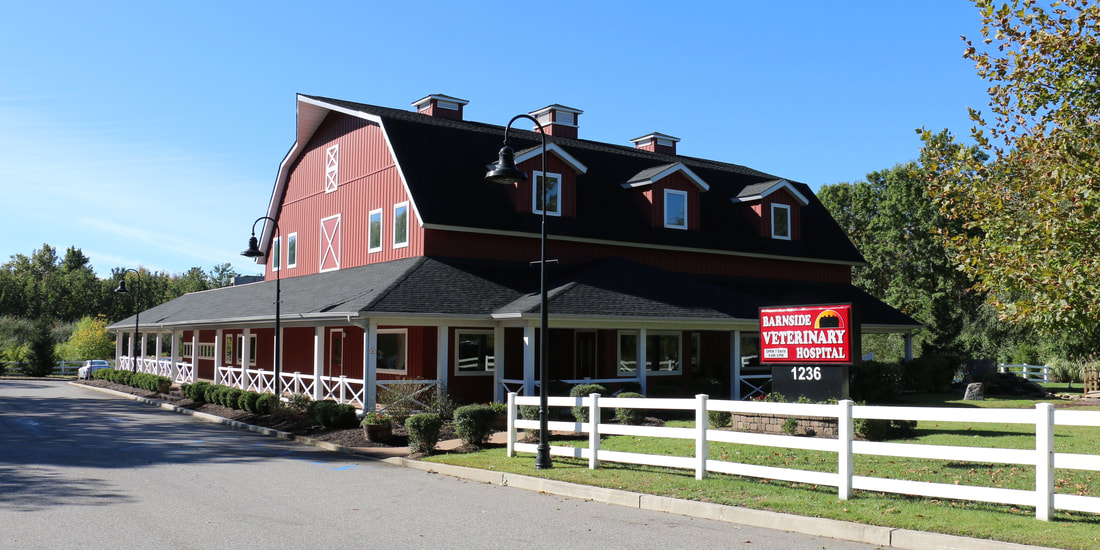Lepto--What?
WHAT HAPPENS
Leptospirosis is a disease that can cause kidney and liver failure. It can infect both animals AND humans. It is caused by a spirochete (spy-row-keet) which is a type of bacteria. The bacteria is usually found in the urine of many animals such as mice, opossums, raccoons, rabbits, deer, horses, sheep, goats, cows and others.
Unfortunately most dogs do lick puddles or stagnant, muddy water which may be contaminated with urine from other pets or wildlife. Even a "100% indoor dog" is at risk if you've had a mouse in your house.
People can acquire Leptospirosis by contact with an infected pet's body fluids. People in professions where they are exposed to stagnant water or animal waste (farmers, sewer/drain pipe workers and those who work under porches/crawl-spaces) are at increased risk. People engaged in water-related recreation (canoeing, white-water kayaking, surfing, swimming) in high-risk bodies of water or locations (ponds, second & third-world vacation destinations) are also at increased risk.
The symptoms are many, and can be vague, mild, or severe. Fever, nausea, decreased appetite, increased thirst, jaundice, lethargy and sore joints are some symptoms in both animals and people. Leptospirosis can cause kidney and liver disease, bleeding due to clotting disorders, and even meningitis in humans. Leptospirosis can be fatal.
Diagnosis can be challenging because there are several phases to the disease. If Leptospirosis is suspected, a high blood titre can provide good support for a diagnosis. But a second blood test, done 2-4 weeks later, with a titre 4 times higher than the first, is needed to make a firm diagnosis.
Fortunately, common antibiotics: penicillin and doxycycline are very good at treating Leptospirosis. Most dogs are hospitalized on IV fluids and other supportive care. Treatment is complicated because the dogs need to be kept in an Isolation Ward and strict protocols must be followed to prevent infection of other patients or the veterinary team. And even once dogs are well enough to go home, until the course of treatment is complete, their urine can be infectious to family members.
Some dogs however, are much sicker. If they develop acute kidney failure, then dialysis is recommended. Dialysis can be very expensive, and needs to be performed at a specialty center. But most dogs that require dialysis, and receive dialysis, survive.
If your dog has received a DHLPP ("Distemper/Parvo") vaccine at Barnside Veterinary Hospital, then he has been vaccinated against Leptospirosis. The vaccine we use helps protect against 4 of the 5 Leptospirosis serovars that infect dogs (L.canicola, L.grippotyphosa, L.icterohaemorrhagiae, and L.pomona.)
Many owners are erroneously advised to not vaccinate their dogs against Leptospirosis. The older vaccines, (from more than 10 years ago) only protected against 2 subtypes of Leptospirosis and were more likely to cause allergic reactions. The modern vaccines we administer have been microfiltered 5 times to remove excess protein, providing superior protection and safety.
It is important that your dog is kept current on all her vaccinations. (Not sure if she is up-to-date? Call us, or log-in to your pet's records at Petly Pet Portal.)
---Meredith L. Weltner Sharin VMD
| Click on the links below for more educational articles on Leptospirosis Leptospirosis- AVMA Leptospirosis- Veterinary Partner Leptospirosis- Pet Health Network Leptospirosis- CDC |


 RSS Feed
RSS Feed



